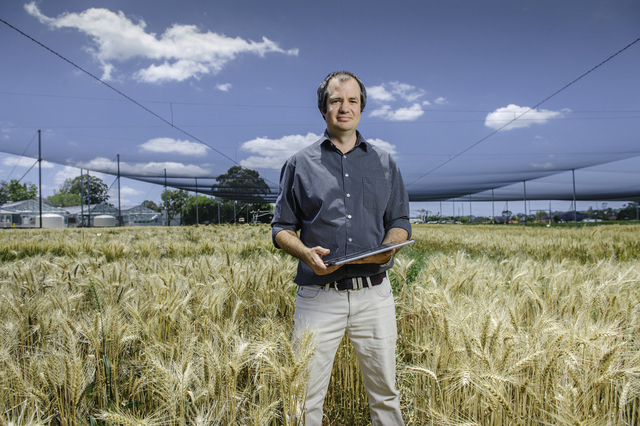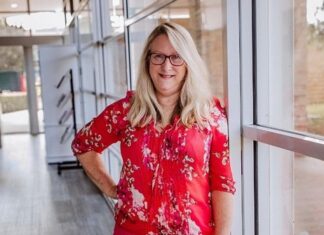Ag experts unite for crucial drought resilience workshop

Digital Edition
Subscribe
Get an all ACCESS PASS to the News and your Digital Edition with an online subscription
Two decades of regional artistic passion for Karina Devine
If you’ve walked down Palmerin Street during Jumpers and Jazz or visited the Warwick Art Gallery for an exhibition, as a volunteer or for...








